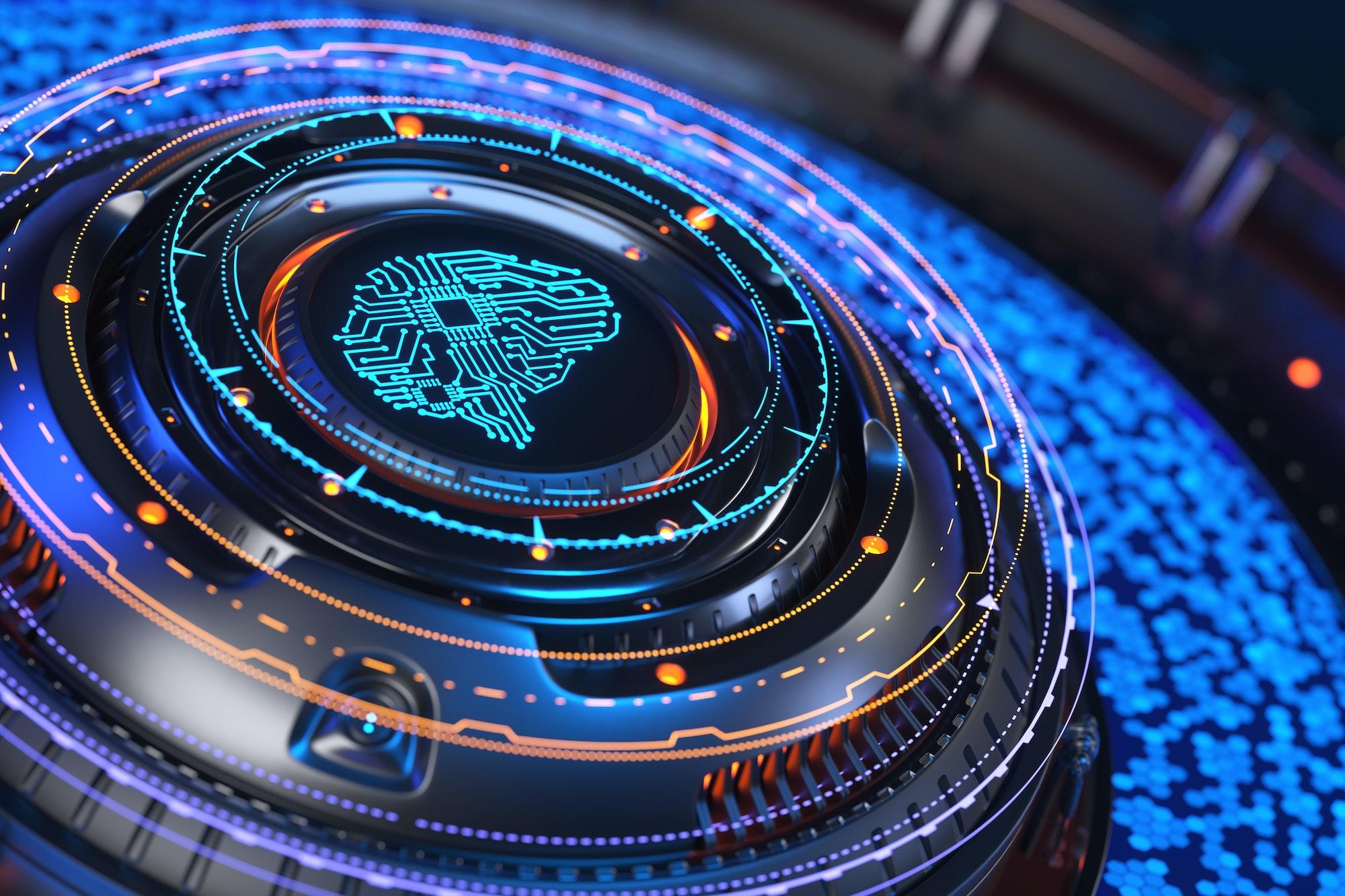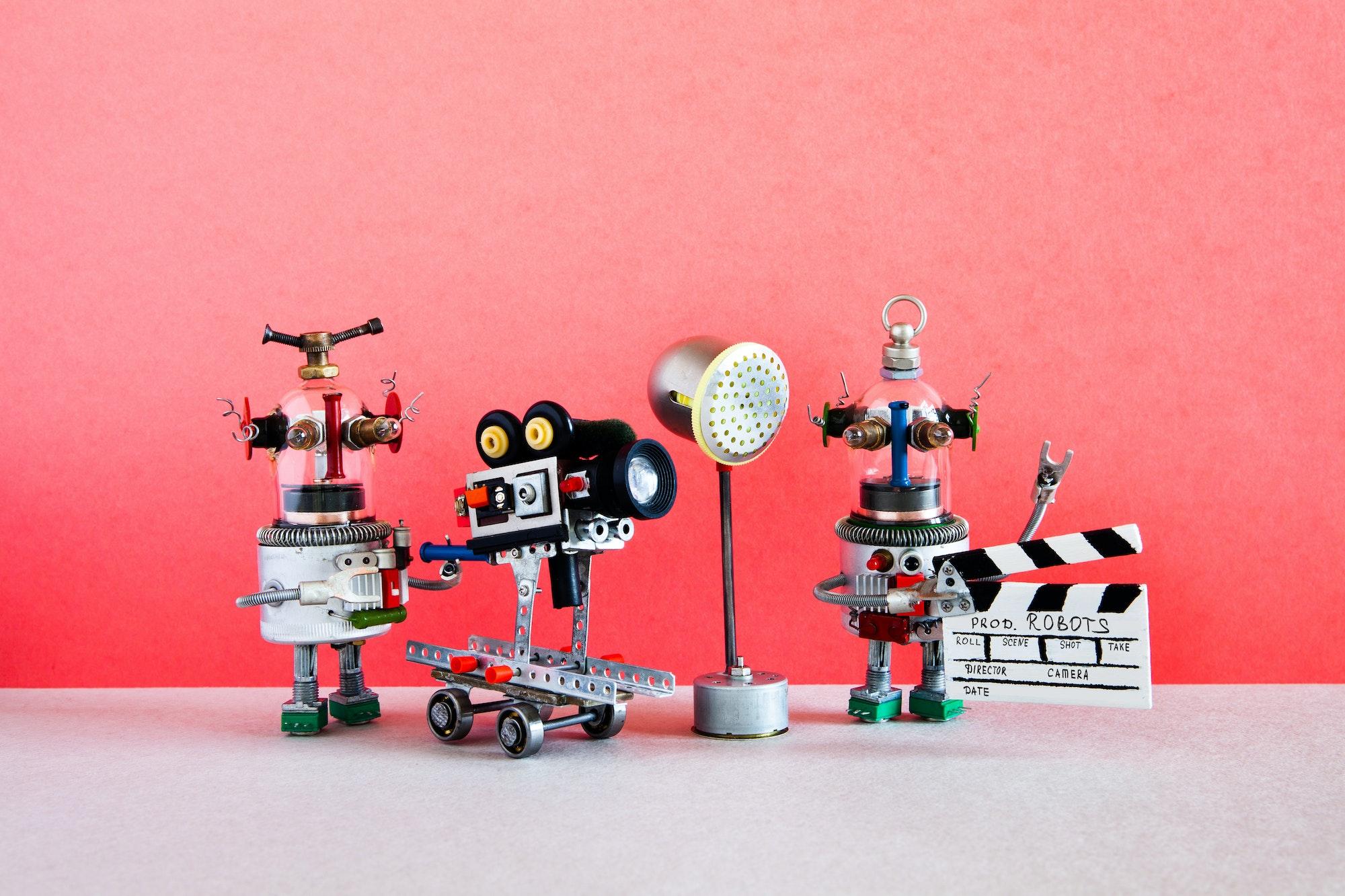
As the digital world changes quickly, the term “Artificial Intelligence” is linked with this transformation. But AI means more than machines; it’s changing the job market. In this article, we’ll explore artificial intelligence jobs, their types, the skills needed, and how to build a successful AI career.
1. Different Artificial Intelligence Jobs: From Coders to Ethical Hackers
AI offers various job opportunities beyond traditional roles. AI Programmers create the complex codes that AI systems use, while Data Scientists discover valuable insights from huge data sets. Machine Learning Engineers fine-tune machine learning models like modern alchemists turning data into gold. Plus, AI Ethical Hackers protect AI systems from potential breaches.
Therefore, these roles are just the beginning. As AI reaches different industries, roles like AI-enhanced Creatives and AI Consultants emerge. AI suits both tech experts and creative minds.
2. Jobs Needed Skills: Mixing Human Intelligence with Artificial Intelligence
In AI jobs, having a mix of skills is vital. While knowing languages like Python is important, skills in Natural Language Processing (NLP) and Computer Vision are in demand. These skills help machines understand human language and pictures.
Indeed, being good at Deep Learning is like mastering complex spells; it’s the heart of AI’s neural networks. Knowing big data tools like Hadoop and Spark helps handle large amounts of information.
So, let’s consider a table that compares the skills needed for different AI roles:
| AI Role | Technical Skills | Soft Skills |
|---|---|---|
| AI Programmer | Programming languages (Python, Java, etc.) | Problem-solving, Analytical thinking |
| Data Scientist | Data analysis, Statistics, and Machine Learning | Critical thinking, Communication |
| Machine Learning Engineer | Deep Learning, Neural Networks | Algorithm design, Collaboration |
| AI Ethics Specialist | Ethical frameworks, Legal knowledge | Critical thinking, Communication |
| AI-enhanced Creative | Artistic skills, AI tools | Creativity, Adaptability |
| AI Consultant | Industry expertise, Problem-solving | Communication, Strategic thinking |
This table provides an easy-to-read comparison of the technical and soft skills required for various AI roles. It showcases the distinct skill sets needed for each role while highlighting the essential soft skills that contribute to success in the AI field.
3. Artificial Intelligence Jobs: Starting Your Journey
As you refine your skills, construct a portfolio showcasing your AI projects. This portfolio is more than a collection of accomplishments; it’s a tangible testament to your growth and expertise in the AI realm.
– The Power of Community Learning
Joining the AI community on platforms like GitHub and Kaggle is akin to joining a caravan of fellow explorers. Collaboration and shared learning amplify your experience, exposing you to diverse perspectives and novel techniques.
Through collective engagement, the journey becomes richer and more rewarding.
– Mentorship and Beyond
In your AI journey, consider seeking mentorship from seasoned professionals. Their guidance can provide valuable insights, helping you navigate challenges and grasp advanced concepts. Beyond mentorship, actively participate in AI events, workshops, and conferences to broaden your horizons and network.
– From Novice to Expert: A Dynamic Transformation
Remember, transitioning from a novice to an AI expert is a dynamic transformation. Embrace the process, relishing each milestone and breakthrough. Just as a single step sets a journey in motion, taking the initiative to explore AI opens up a world of possibilities, shaping you into an AI adept capable of crafting innovative solutions.
4. Navigating Ethics: AI’s New Challenges
In the rapidly evolving world of Artificial Intelligence, where immense power intersects with boundless potential, a new horizon emerges. The world of ethics Artificial Intelligence. As AI’s progress ushers in transformative promise, it also casts a shadow of profound ethical concerns that demand attention.
– The Rise of AI Ethics Specialists
Within this intricate tapestry of AI and ethics, a new class of professionals has arisen – the AI Ethics Specialists. Far more than mere gatekeepers of responsible AI deployment, they are the architects shaping the ethical course of AI’s future.
– Guiding Through Uncharted Territories
Much like explorers navigating uncharted domains, AI Ethics Specialists boldly step into the unexplored territories of ethical considerations within AI. Their role is multifaceted, extending beyond conventional regulatory boundaries. They delve deep into the intricate dynamics of AI’s impact on diverse aspects of our lives.
– Guardians of Equity and Privacy
The mission of AI Ethics Specialists is multi-pronged: dismantling biases entrenched within AI systems, safeguarding the sanctity of individual privacy, and fortifying defenses against potential pitfalls that could compromise ethical standards.
– Shaping an Ethical AI Future
As AI continues its evolution, the aim is not merely to create advanced capabilities, but to create a better world for all. In this endeavor, AI Ethics Specialists play a pivotal role.
They are the custodians of AI’s moral compass, steering the trajectory toward a future where AI’s vast power is wielded responsibly and ethically.
– Navigators of the AI Landscape
Imagine the AI landscape as uncharted terrain awaiting exploration. In a manner analogous to ancient explorers relying on skilled navigators to traverse uncharted waters, we too depend on the insights and expertise of AI Ethics Specialists as we navigate the intricate ethical expanse of AI.
– Architects of Ethical AI
AI Ethics Specialists are not mere bystanders; they are the architects of a more equitable and conscientious AI era.
As technology redefines our world, these specialists stand as vigilant sentinels, upholding values and principles that must remain steadfast even in the face of technological progress.
– Harmonizing Technology and Humanity
In the intricate interplay between technology and humanity, AI Ethics Specialists assume the role of choreographers, orchestrating a harmonious coexistence that benefits society at large.
As AI continues its rapid advancement, these specialists remain at the forefront, ensuring the ethical compass remains unwavering and true.
5. Artificial Intelligence Jobs: Everyone Can Win
Will AI take jobs away? No. AI might do some tasks, but it also creates new jobs. Imagine it as cooking; AI helps with the basics, but your creativity as the chef (that’s you!) is priceless.
AI works with human skills, letting us focus on tasks that require emotions, thinking, and creativity; areas where machines aren’t as good. Just as each musician adds their own touch to music, your unique human touch adds life to AI.
6. FAQs: Answers to Common Questions About Artificial Intelligence Jobs
– Are Artificial Intelligence Jobs Only Relevant for Tech Industries?
No, AI’s influence spans far beyond tech. Industries like healthcare, finance, marketing, and even creative fields harness AI for various purposes.
AI-enhanced Creatives collaborate with AI tools to create art, while healthcare professionals use AI for diagnostics. Familiarize yourself with AI applications in your industry to explore relevant roles.
– Can Artificial Intelligence Replace Human Creativity in Fields Like Art and Writing?
AI can enhance creativity, but true human creativity remains distinctive. AI tools like language generators can assist writers, but the nuanced emotions and unique perspectives that humans bring to art and writing cannot be replicated. AI’s role is to augment human creativity, not replace it.
– What Impact Will Quantum Computing Have on Artificial Intelligence Jobs?
Quantum computing has the potential to revolutionize AI by exponentially speeding up complex calculations.
While it might impact certain AI algorithms, it’s unlikely to render AI jobs obsolete. Instead, it could pave the way for new AI innovations and necessitate skills in quantum programming and algorithm adaptation.
– How Can I Showcase My Artificial Intelligence Skills in a Job Interview?
Demonstrate your AI skills by discussing projects you’ve worked on, highlighting your problem-solving approach, and showcasing tangible outcomes. Discuss the challenges you’ve overcome and your methodologies.
Having a strong portfolio, participating in hackathons, and contributing to open-source projects can also make you stand out.
– What Are the Ethical Considerations When AI Interacts With Humans?
Ethical considerations in human-AI interaction are vital. Transparency about AI’s role, limitations, and decision-making processes is crucial. Ensuring AI’s decisions align with human values and avoiding the reinforcement of harmful biases is paramount. Regularly soliciting user feedback and incorporating it into AI refinement promotes ethical AI-human collaboration.
Conclusion
Artificial Intelligence Jobs offer many opportunities in an ever-changing field. Whether you’re great at coding, data analysis, or creative work, there’s a place for you. Embrace the mix of learning tough concepts and doing projects. Let the challenges guide you through complex ideas and ethical questions.
In a time where AI and human intelligence go together, your journey is about growing and changing. So, are you ready to start your AI adventure? The world is waiting, with possibilities as wide as the AI universe.
Remember, AI jobs aren’t just careers; they’re a blend of human smarts and artificial intelligence. It’s time to be part of the future’s team.













